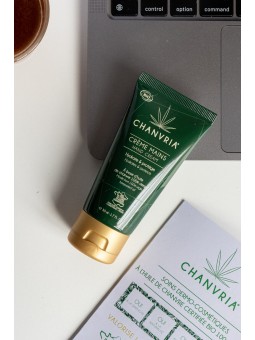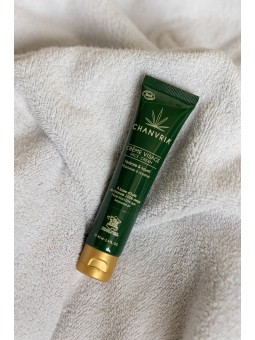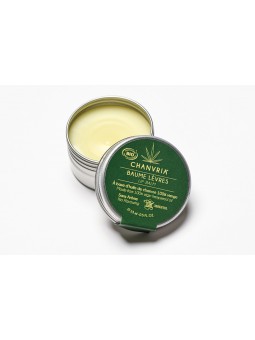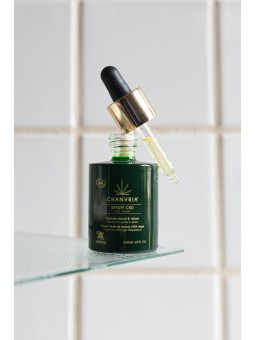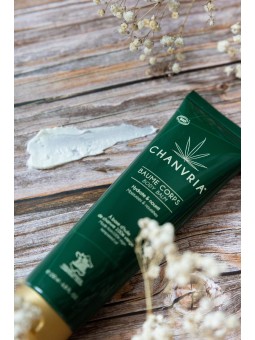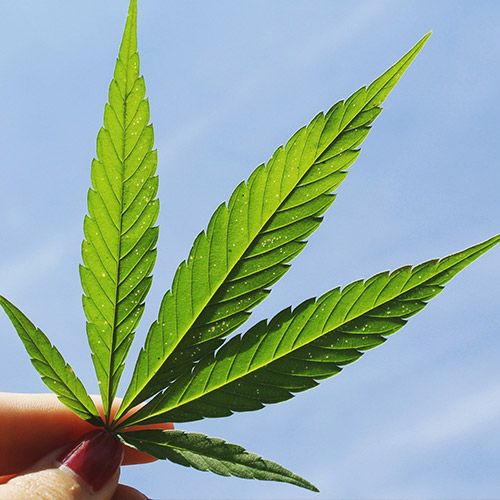
A Neolithic culture
This material has a lot of virtues. Cultivated since the Neolithic and used onwards for centuries. The many names of places and villages: Chennevière... and the Cannebière in Marseille testify the importance of this culture in past centuries. Despite this omnipresence in agriculture until the beginning of the 20th century, challenged by the development of synthetic fibres, it was threatened with complete disappearance in the 1950s.
This annual plant grows quickly, retains large volumes of CO², without needing any irrigation or input. It ideally fits into the system of crop rotation and relieves the soil between two crops.
A natural active ingredient
Furthermore, in traditional hemp cultivation, no pesticides or herbicides are generally used. Thus hemp has considerable ecological and health benefits. Due to its ecological character, its cultivation is recommended in water captation areas.
To be clear, hemp (CANABIS SATIVA) does not contain THC - a psychotropic substance -unlike its distant cousin, CANABIS INDICA, or Cannabis known as «recreational». Its seeds produce an oil rich in essential fatty acids (Omega 3 and 6, vitamin E). The properties of this natural active ingredient are particularly interesting for the skin. At the same time anti-inflammatory, healing, anti-atopical and soothing, they help to deeply hydrate and strengthen the hydrolipidic barrier.
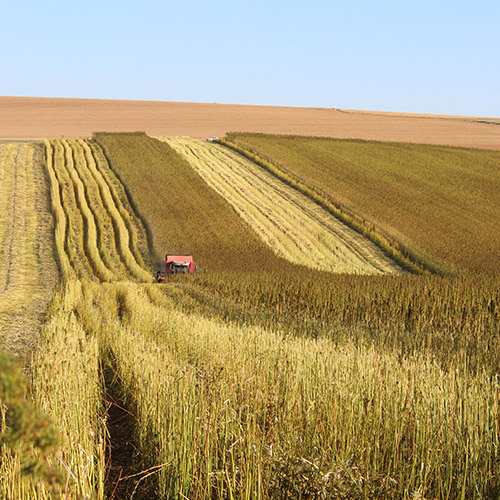
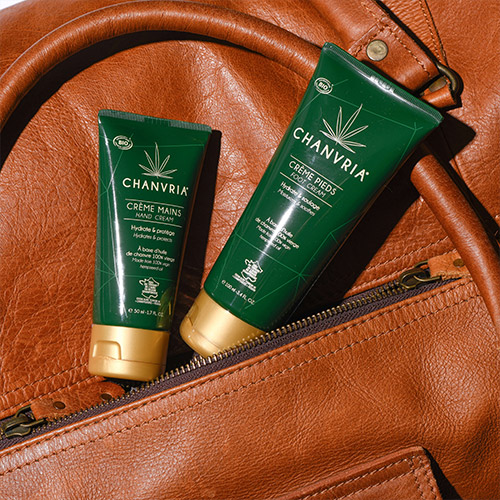
The hemp from Aube
The hemp used for the CHANVRIA range comes from the first hemp production cooperative in Europe: LA CHANVRIERE. It is located in the heart of AUBE in France in the Champagne-Ardenne region.
This association allows us to have access to regular production in quantity and quality.
Indeed, if the cultivation of hemp is totally natural, the yields can vary enormously from one year to another. Moreover the seed is extremely fragile and requires the greatest attention during its harvest and storage. By sourcing from the first European cooperative we ensure the regularity of its availability and the best quality.
We harvest what the plant offers without demanding more than the soil can give.

